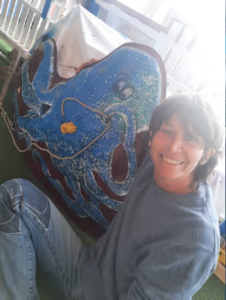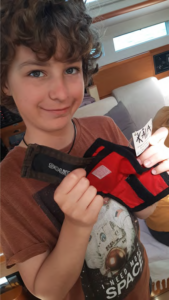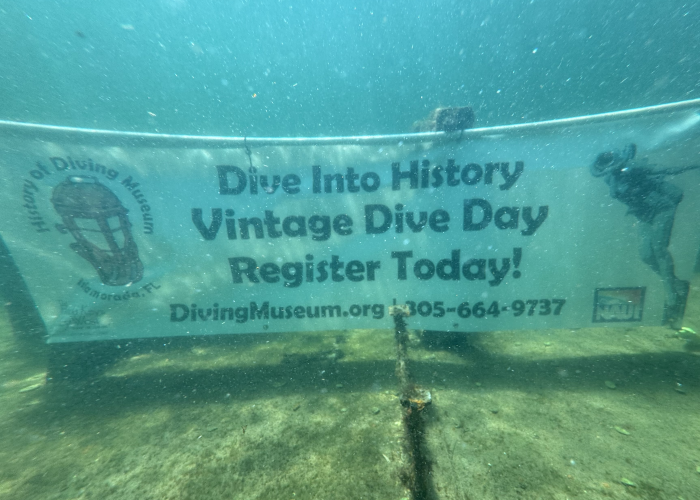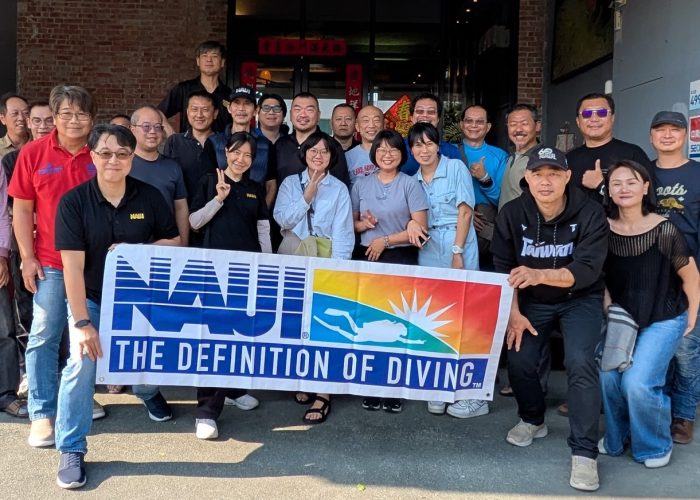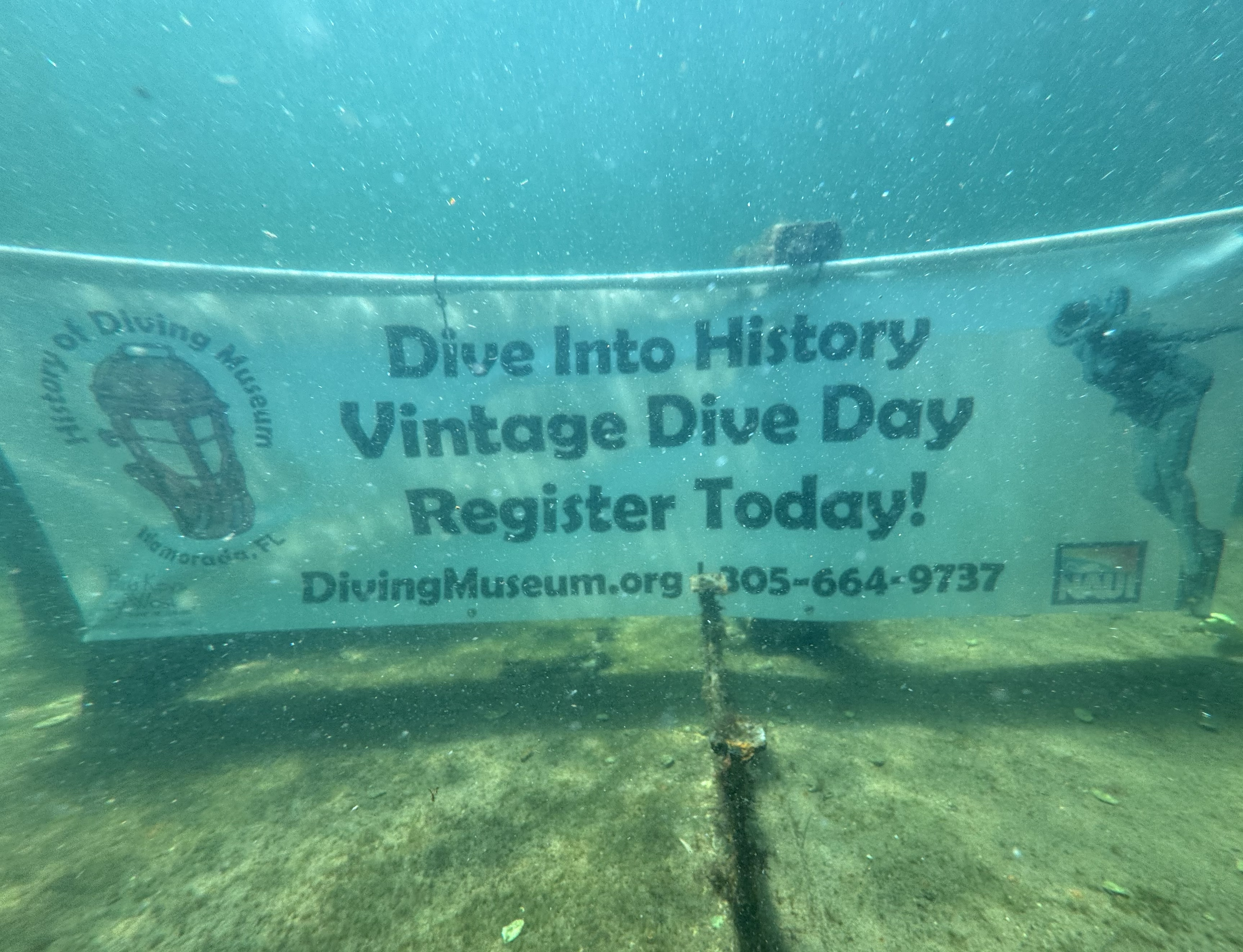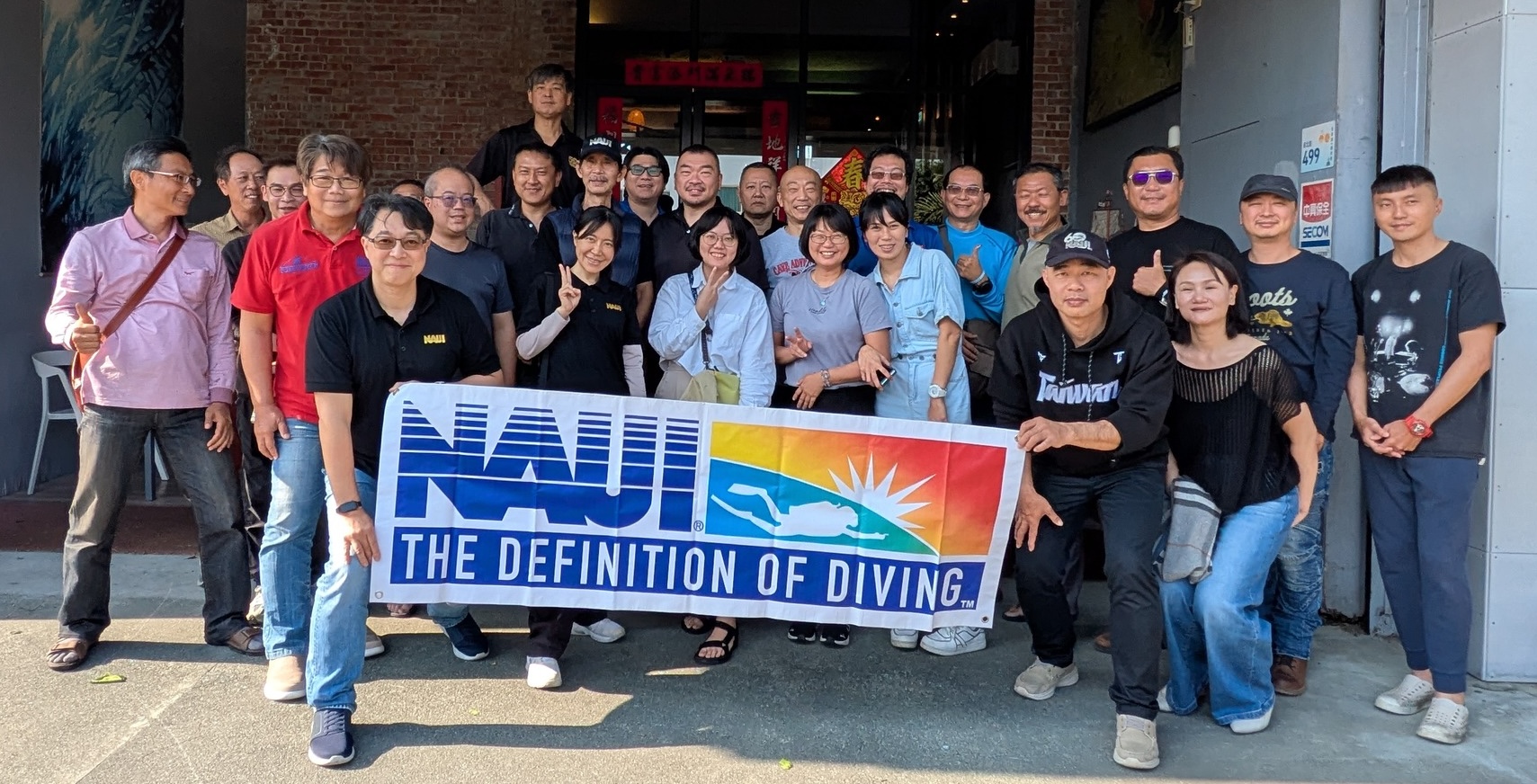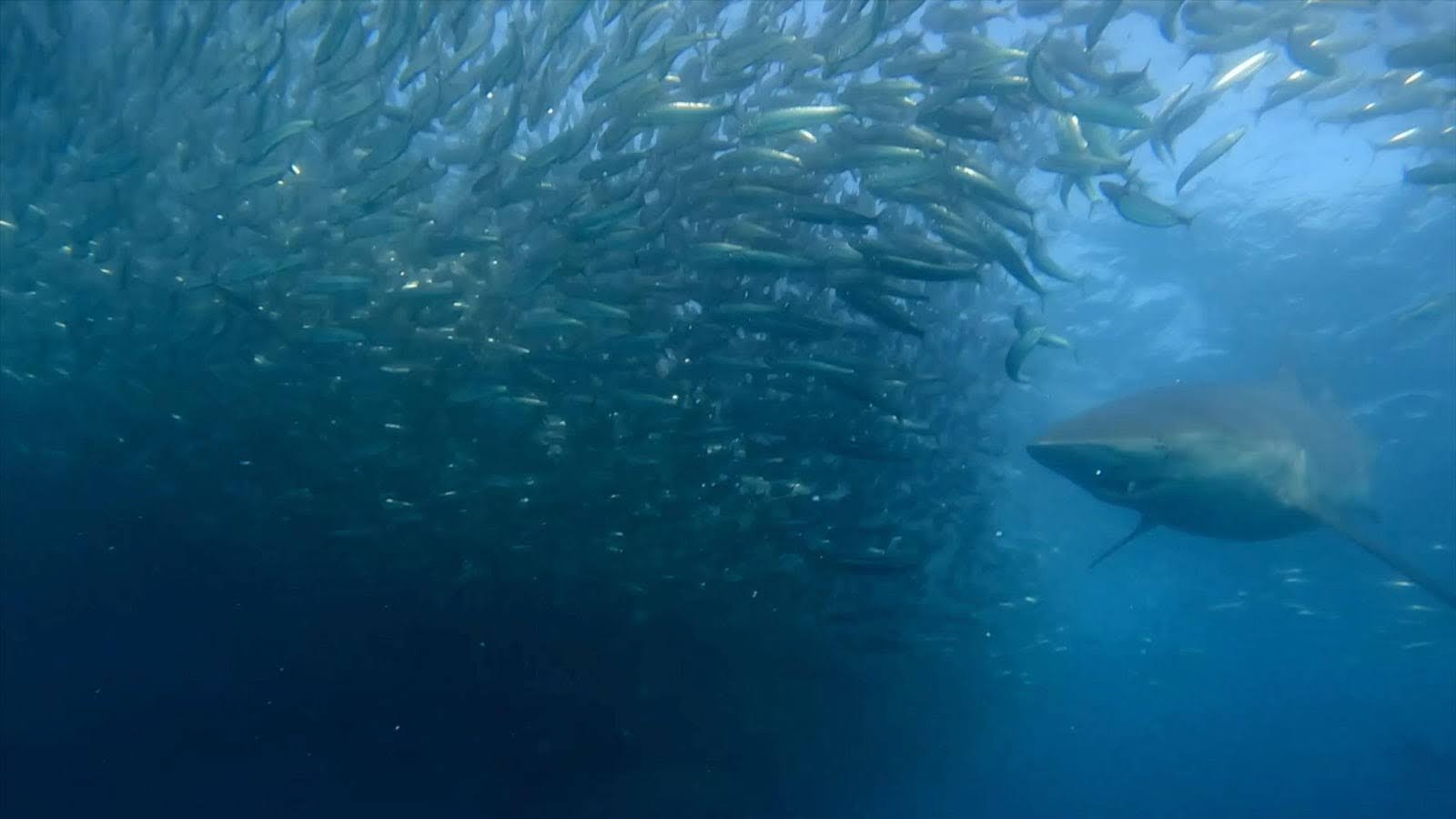During our last weeks of traveling onboard SY Blowing Bubbles (you can follow these stories biweekly published in Sources), visiting and scuba diving different islands in the Atlantic Ocean, we also came across several diving centers offering Eco Diving. Now, I must admit that Eco diving, at least in my mind, did not get any closer as to Clean Up dives or Clean Up snorkeling, but somewhere I must have taken a wrong turn over the last years because I have just realized that Eco diving means so much more. It all started to make sense to me when I met and talked to a very nice (and very international) lady, Casilda Mahou or Cas, as she liked to be called. Cas has her own dive center based in Tenerife and it’s called Eco Dive! Cas has set up her dive centre here four years ago and actually got certified as a dive master at that time on the island. She did not want to set up ‘another’ dive center offering the best diving, the best dive spots and what more the best you can think of. No, she wanted to make a difference in giving something back to nature as she realized that nature offers so much to us, scuba divers. And with this in mind, Eco Dive came to life!
Within the dive center, you can ONLY participate in Eco dives and Eco snorkelling. What does that mean? It means that Cas takes you out on guided dives, snorkeling tours and explains/shows about the impact of pollution on marine life. Does she clean up and take rubbish that she finds with her to the surface? No, YOU do… As she makes you part of her project, she teaches you how to become a better diver, a more conscious diver when it comes to pollution, ecofriendly living and of course eco diving! Did you know that scuba gear manufacturers these days use eco-friendly materials to produce dive suits? Neoprene is made by baking petroleum and that is not eco-friendly at all! For some years now, Aqualung has started to use recycled car tires to produce their dive suits, talk about getting some miles done in your suit! Diving with Cas is a completely different experience, opening a scuba diver’s eye towards ‘not looking’ for the nicest fish in the sea, but looking for trash, things that do not belong in the ocean and how that affects the marine life. Do you remember your last night dive (or your first one)? The experience that makes night diving so different, is the fact that you, as a diver, are very much focused on a very small window of vision, the part that is lit up by your dive torch!
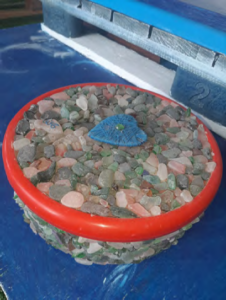
Eco diving is similar to this, your focus goes out the small objects and being able to recognise if those objects belong there or not! And that sounds easier as it is! It is not so easy to pick up trash from the ocean floor without disturbing marine life. A nice little trashy glass bottle can become quickly the new housing for an octopus, easily hiding within the bottle. Some parts of trash that you come across during your next dive are just too big to take with you or did you just forget to carry a trash bag on your dive? Trash collecting is somewhat different on every dive and in every geographical area, so better get prepared if you want to join in! Did you read about the Lionfish invasion in Lebanon in one of the last issues of Sources? Well, hunting them, selling the lionfish to the local restaurants is also a matter as Trash for Cash.
And then, there is more! The eco drive contest that Cas is organising and offering the dive centres to participate in! As a diver, participating in an Eco Dive, you can score points for all the objects/ trash you take out of the ocean and not only by diving with Cas! She made sure to spread the project over the entire group of islands where she is living, the Canary Islands. Every dive centre can offer ‘her’ Eco dives in their local dive sites, identify the trash and hand out the scorecard to the diver. The divers visiting and diving the multiple islands can keep their scorecards with them AND… At the end of each season (the full year 2022), the two divers and the two snorkelers with the highest eco dive scores on their cards, will be taken by Cas herself, on a dive or snorkel trip to the Maldives, where they can enjoy the pure Indian ocean waters surrounding these group of islands and maybe collect some trashy souvenirs as well! Does it all stop there? No, it does not!
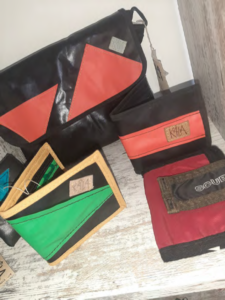
As Cas had some more ideas, one idea was about the collected trash…What to do with it? Cas went out to see some local artist on the island of Tenerife and asked them to join her project! She would supply them with trash from the ocean, the artists would create an artwork with it and the last step: Cash for Trash… The artwork would then be sold within the participating dive centres, shops, local art galleries, etc. My “new” wallet is now an old BCD that has been turned into a wallet by a local artist. Talking about a Green diver initiative! Is there any future in plastic rubbish? If you consider that all 3D-printing is done with plastic, that already ‘Plastic Banks’ are getting established with the primary purpose to monetize plastic rubbish and organise Food for Plastic projects, yes, I am sure the future is now! You can count me in as a big fan and for sure spreading the word about her project! Do you, as a NAUI professional or dive centre want to know more about Eco diving or even participate in Cas’ project?
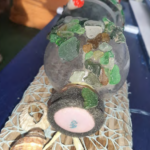
- A different way of diving
- Adding more possibilities in using local dive sites
- Raising your public image in caring for our underwater environment
For sure getting extra publicity when the word get out…and why not, join the contest that Cas offers and you might end up in the Maldives! I know worse places to dive/snorkel for a week!
If you want to contact Cas, send her an e-mail: moc.l1743731200iamg@1743731200liame1743731200vidoc1743731200e1743731200
Or find her on Facebook: www.facebook.com/meshdiving
Guess what? She even speaks five languages.
